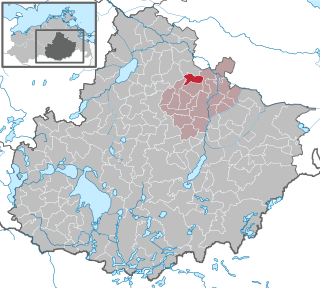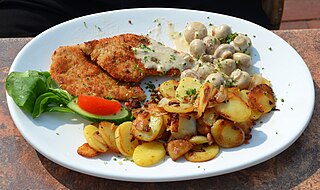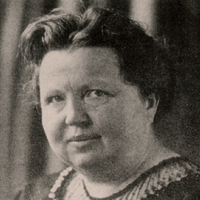Gottlieb Matthias Carl Masch (also known as Carl Masch, Karl Masch or misspelled as Gottlieb Matthäus Carl Masch; 4 August 1794, Schlagsdorf – 28 June 1878, Demern) was a German theologian, rector, pastor, historian, numismatist and writer on heraldry.

Schlagsdorf is a municipality in the Nordwestmecklenburg district, in Mecklenburg-Vorpommern, Germany.

Königsfeld is a municipality in the Nordwestmecklenburg district, in Mecklenburg-Vorpommern, Germany.

A rector is a senior official in an educational institution, and can refer to an official in either a university or a secondary school. Outside the English-speaking world the rector is often the most senior official in a university, whilst in the United States the most senior official is often referred to as President and in the United Kingdom and Commonwealth of Nations the most senior official is the Chancellor, whose office is primarily ceremonial and titular. The term and office of a rector can be referred to as a rectorate. The title is used widely in universities in Europe. and is very common in Latin American countries. It is also used in Brunei, Turkey, Russia, Pakistan, the Philippines, Indonesia, Israel and the Middle East. In the ancient universities of Scotland the office is sometimes referred to as Lord Rector, is the third most senior official, and is usually responsible for chairing the University Court.
Contents
He worked as a schoolteacher and rector in the town of Schönberg. For forty years, up until his death in 1878, he served as a pastor in Demern. He wrote extensively on the history of Mecklenburg. In the field of heraldry he published "Wappen-almanach der souveränen Regenten Europa's" (1842). [1]

Schönberg is a town in the Nordwestmecklenburg district, in Mecklenburg-Vorpommern, Germany. It is situated 16 km east of Lübeck, and 7 km from the Dassower See. Schönberg is the city seat of the Schönberger Land, a recently enlarged subnational administrative unit of Mecklenburg-Vorpommern. Its population as of 2017 was 4,778.

Heraldry is a broad term, encompassing the design, display, and study of armorial bearings, as well as related disciplines, such as vexillology, together with the study of ceremony, rank, and pedigree. Armory, the best-known branch of heraldry, concerns the design and transmission of the heraldic achievement. The achievement, or armorial bearings usually includes a coat of arms on an shield, helmet, and crest, together with any accompanying devices, such as supporters, badges, heraldic banners, and mottoes.












